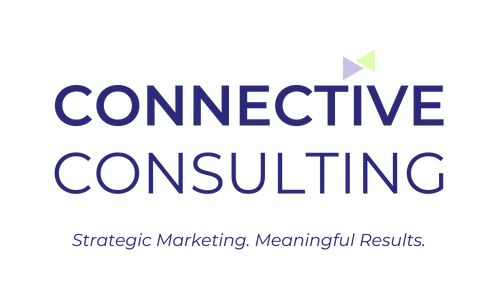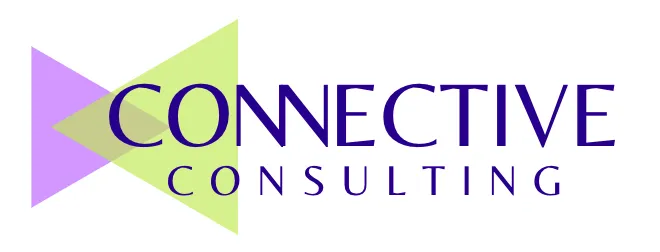Proactive Marketing
When was the last time you did something to grow your business that you planned on ahead of time? Now be honest with yourself and say (out loud or in your head) what was the reasoning behind your last marketing decision?
If you are like many small businesses, chances are it was more of a reactive move. You heard of an idea or saw someone else try it and thought, "Well sure, I'll give it a shot." Or the opposite happened - when a marketing "expert" offers you a solution for market expansion you immediately say no because you don't know if you can expect any ROI.
Does that resonate? I know about a reactive marketing "plan" because I've been there. I've been so entrenched in daily operations that thinking of my next move hardly seemed like an option.
As the one running it all, you are trying your best to keep up with what is coming at you right now, and sometimes that is marketing. But there is another, more effective way.
Reactive is a response
As with anything in life, without a formal plan of how to proceed, you simply respond in the way that suits the moment. Imagine you are hosting a dinner party and didn't plan ahead. What will you serve? Most likely whatever is in the kitchen that you can assemble as a meal. It may end up being a hodge-podge of platters. Or you could phone it in and order take out. But what if the restaurant has a required wait time? You could keep calling until you get the answer you want but how long does that take? Do your guests get to experience your hospitality at its finest? Or merely get what you can manage to pull together?
Now imagine your party with a plan. You've prepped by grocery shopping with the ideal menu list; you've set aside time to create culinary dreams with delectable recipes; and you design a welcoming ambiance for all of your guests they will surely remember as a delight.
Which party do you prefer?
Proactive = working smarter
One of my (unending) chores at home is emptying the dishwasher. Before having children, my husband and I dirtied enough dishes to run the cycle once a week. Not too time-consuming. Add two kids who use a different utensil for each food on their plate x 3 meals and the dishwasher barely gets a break!
One small thing I started doing is sorting the silverware as I load rather than unload. It seems trivial but this saves time and frustration when I unload the dishes. [see it in action] No more fumbling to organize the spoons and forks. Plus my kids can easily help with the task.
This small thought-out action saves energy, brainpower, and most importantly - time. The same is true when you plan your marketing activities.
Marketing RX
Taking action that you plan on uses fewer resources than reacting to what you didn't see coming. The saying "an ounce of prevention is worth a pound of cure" applies to your business. A marketing strategy is your prevention from a disengaged audience. Think of how much time and energy you have used to get the ball rolling on your brand/campaign/product awareness. You've invested a lot in what you've done so far. Keep that momentum going with a plan. Every small step you take will benefit you down the road.
Quick blueprint plan
Good news, is you don't have to have some elaborate, made-of-gold marketing plan. Starting with a few points will get you ahead. Here is where you can focus your time in planning:
- Who is the person you serve best? Direct your efforts toward them. Show up where they are; use words they use; address what they care about. All of your messaging and outreach should cater to this person and the specific problem you solve for them.
- What activities do you like doing? The most important thing in creating a plan is creating something sustainable. If you don't enjoy writing handwritten notes, don't add that as part of your outreach. However, if you don't like being on social media but that is where your ideal clients are, hire someone to show up there on your behalf. Deciding to outsource counts as planning!
- When will you do these activities? The final thing to keep in mind is how often to execute your activities. They can be triggered by an event (i.e.- client onboarding, birthday) or timely (i.e.- quarterly, monthly, etc.). Need help getting it out of your head? Check out an example of a marketing calendar you can use to plan out the rest of the year.
Now you have some tools to be proactive in your outreach and growth efforts. Sound easy enough?
I'm here to brainstorm with you. Schedule some time or simply hit reply to tell me what's on your mind.
Let's Connect!
No pressure. Tell me your goals for growing your
business and together we'll walk through some fresh
ideas. Your first consultation is at no cost, no obligation.
What's to lose?
Work with me
Connect
Copyright © connective consulting 2026 | ALL RIGHTS RESERVED | CONSULTCONNECTIVE.COM

